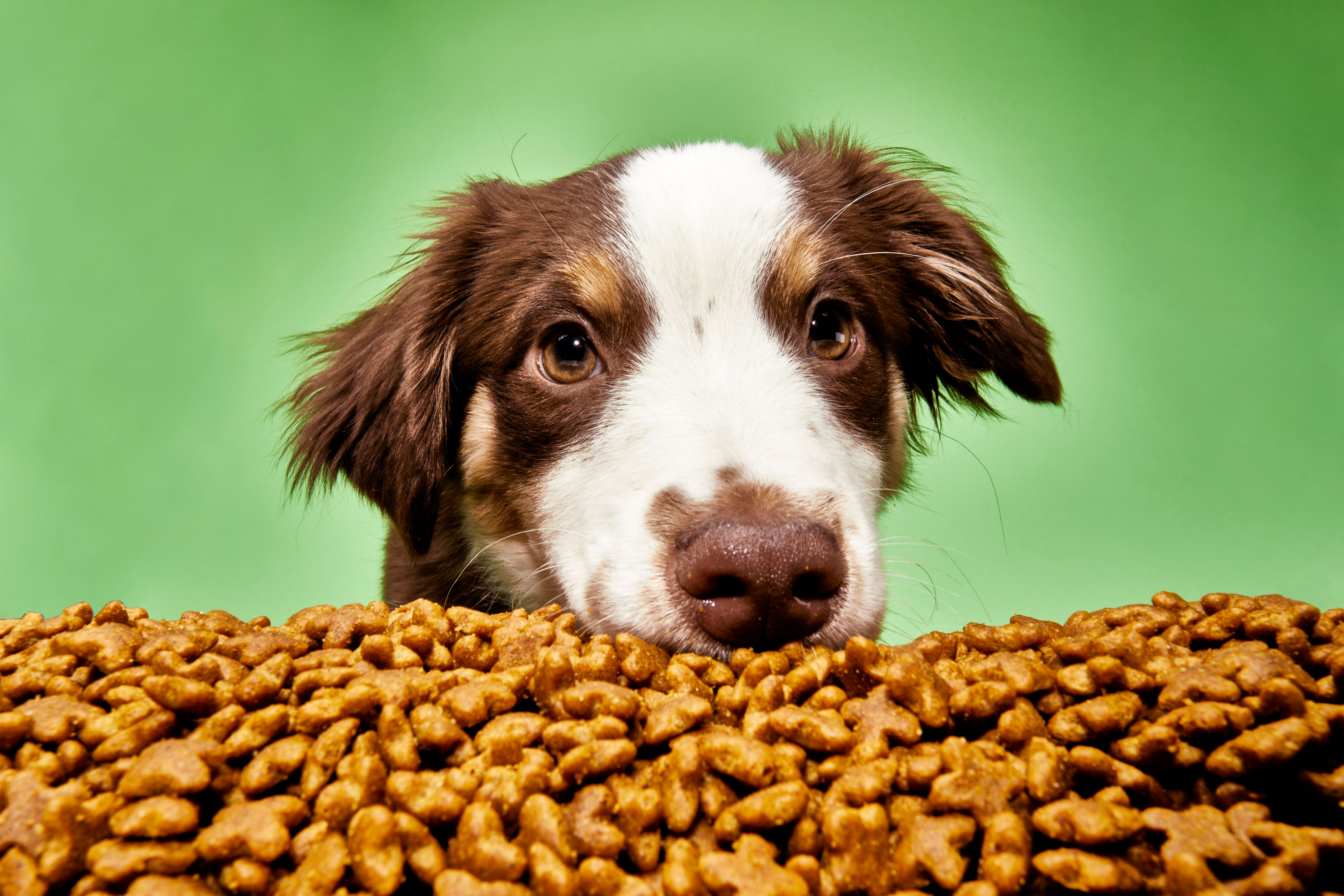No, dogs should not eat turkey bones as they can splinter and cause serious injuries. Turkey bones can pose a danger to dogs as they can easily splinter and cause harm to their digestive tract.
While dogs have a natural instinct to chew on bones, it is crucial that they are given safe alternatives such as raw bones specifically designed for dogs. Feeding turkey bones increases the risk of choking, intestinal blockages, or puncturing of the stomach or intestines.
If your dog accidentally ingests turkey bones, it is important to contact your veterinarian immediately for guidance. Keeping your furry friend safe and healthy should always be a top priority.
Why Turkey Bones Are Harmful To Dogs
Turkey bones are harmful to dogs because they are fragile and easily splinter, posing a potential choking and obstruction risk. These bones can cause mouth and throat injuries in dogs. It is important to keep in mind that dogs have a different digestive system than humans, and while turkey meat can be a healthy treat for them, the bones should never be given.
The sharp splinters from the bones can puncture their digestive tract, leading to serious health issues. If your dog accidentally ingests turkey bones, it is crucial to contact your veterinarian immediately for guidance. Preventing access to turkey bones and being cautious with food scraps can help ensure the safety and well-being of your beloved canine companion.
Remember, their health and safety should always remain a top priority.
Symptoms Of Dogs Consuming Turkey Bones
Turkey bones should never be given to dogs as they can cause serious health issues. One common symptom of dogs consuming turkey bones is difficulty breathing, which can indicate a potential blockage in the throat or windpipe. Another sign to watch out for is excessive drooling, which may indicate pain or discomfort.
Dogs may also experience abdominal pain and distress after consuming turkey bones, often accompanied by vomiting and diarrhea. These symptoms can be dangerous and require immediate veterinary attention. It is important to keep your dog away from turkey bones to ensure their safety and well-being.
Always opt for safer alternatives when it comes to feeding your furry friend.
Emergency Actions To Take If Your Dog Eats Turkey Bones
Turkey bones can be hazardous for dogs, so it’s important to take immediate action if your furry friend ingests them. Rather than inducing vomiting, which can lead to more complications, contact your veterinarian right away. They can provide guidance and determine the best course of action.
Keep an eye out for any signs of distress or obstruction, such as abdominal pain, vomiting, or constipation. These could indicate that the bones are causing issues and require medical attention. Remember, prevention is always better than cure, so be sure to keep turkey bones out of your dog’s reach to avoid any potential emergencies.
Stay vigilant and prioritize your pet’s safety to ensure their well-being.
Alternative Options For Safe Dog Treats On Holidays
Turkey bones can be dangerous for dogs to eat. However, there are alternative options for safe dog treats during the holidays. One option is to give your dog cooked turkey meat without bones. This can be a safe and tasty treat for your furry friend.
Another option is to look for commercial dog treats that are made with safe ingredients. These treats are specifically formulated to be safe for dogs to enjoy. Additionally, you can also make homemade treats using safe ingredients. This way, you have control over what goes into the treats and can ensure they are safe for your dog.
Remember to always consult with your veterinarian before introducing any new foods to your dog’s diet.
Preventing Accidental Consumption Of Turkey Bones
Preventing accidental consumption of turkey bones is crucial for the safety of your dogs. Properly dispose of bones by securing trash and garbage bags. Supervise dogs during holiday gatherings to ensure they don’t access turkey bones. Dogs should never be given turkey bones, as they can splinter and cause choking or internal injuries.
When consumed, bones can also lead to digestive issues and blockages requiring immediate veterinary care. Keep your furry friends safe by providing them with dog-friendly treats and toys instead of turkey bones. It’s essential to prioritize their well-being during holiday celebrations.

Credit: nymag.com
Conclusion
It is important to remember that feeding dogs turkey bones can pose serious risks to their health. Although dogs enjoy the taste, the bones can splinter and cause choking hazards or damage to the digestive tract. The sharp edges of turkey bones can puncture the throat, stomach, or intestines and result in internal bleeding or infections.
To ensure the safety of our furry friends, it is best to avoid feeding them any type of bones, including turkey bones. Instead, consider providing them with safe and appropriate alternatives such as meaty treats or dog-friendly food options. If you suspect that your dog has ingested a turkey bone or is showing signs of discomfort, it is crucial to seek immediate veterinary attention.
By being mindful of what we feed our dogs, we can help them lead healthy and happy lives.
